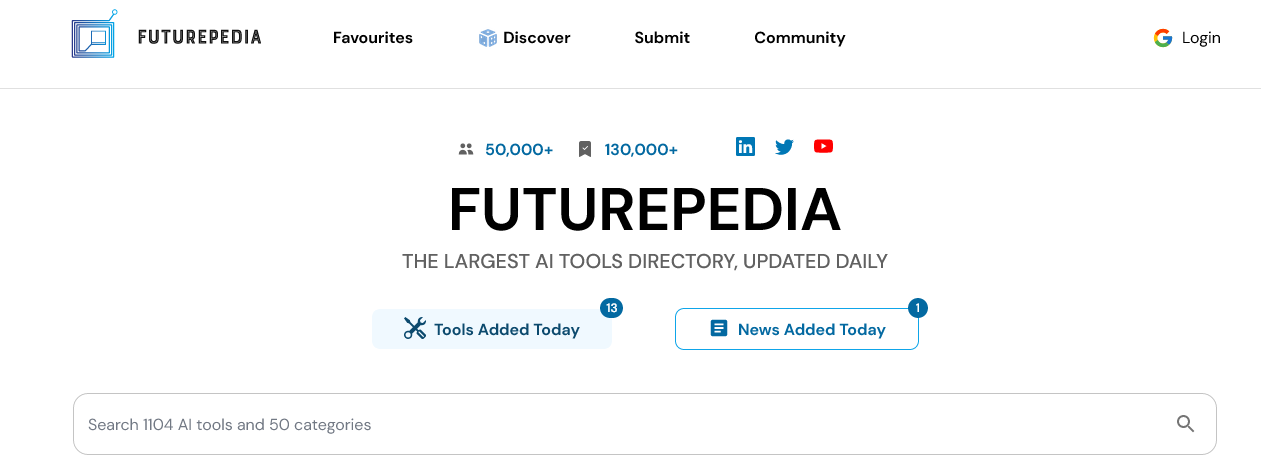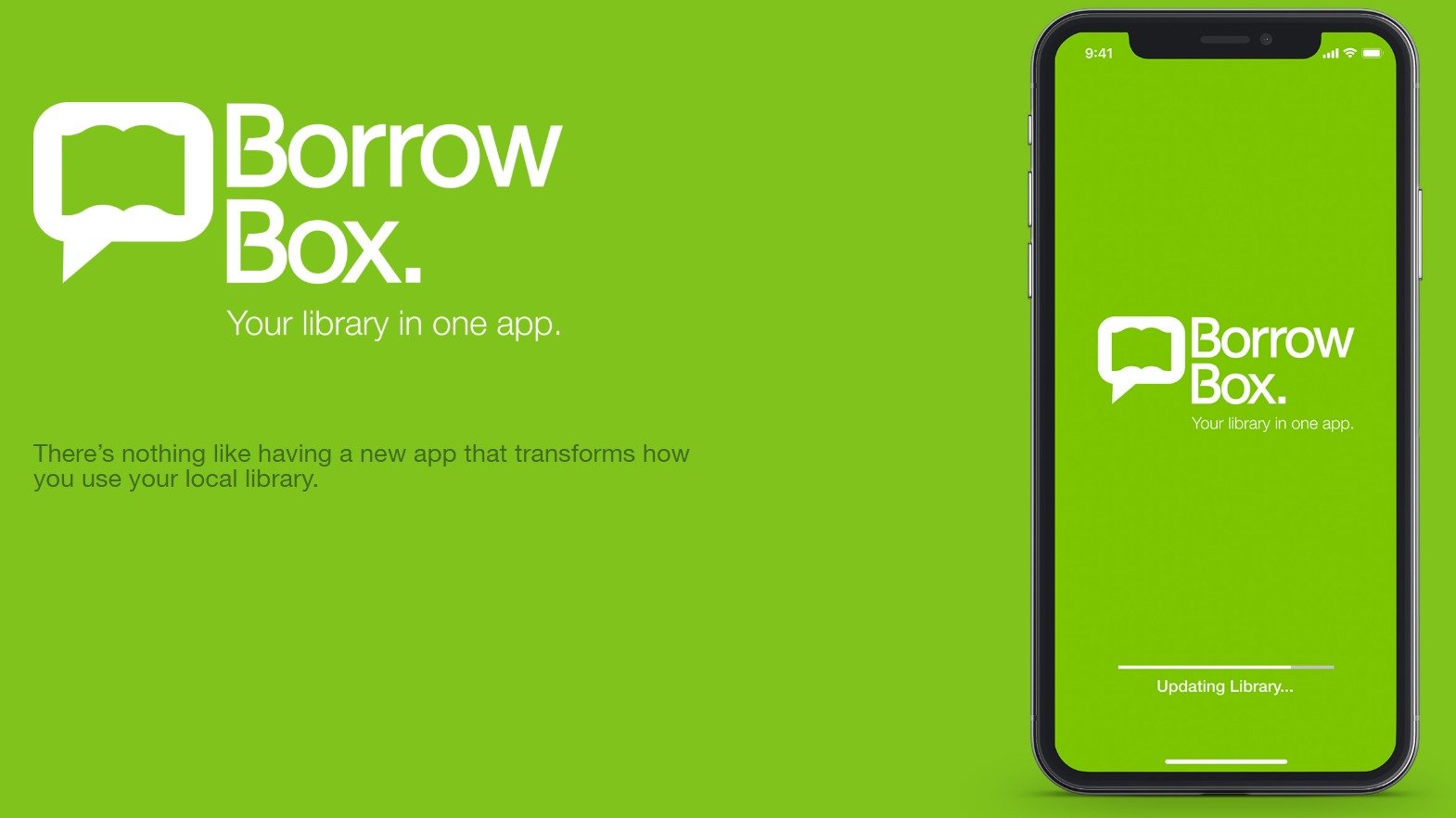In April 2022, I released my debut novel, ‘The King of Rhye,’ after a productive six months working alongside Sid Harta Publishers. It entered the world to a fair reception (for an untested indie author); though as anticipated, it did not smash any records or win any Nobel Prizes. Nearly a year later, it will be receiving a shot in the arm, with the imminent release of an audiobook likely to find another modest reader base.
By my own estimation, the true success of ‘The King of Rhye’ has been its permeation into various corners of cultural awareness. It has moved sideways, into several other forms of media, both auditory and visual, to create not so much a story as a multisensory experience. There now exists an official soundtrack of original music, produced for songs lifted directly from the story. A rich (and expanding) gallery of bespoke ‘canonical’ art adorns social media pages, clothes, other merchandise, the cover of vinyl records and the walls of my house. It is also soon to receive its second language publication, having been diligently translated to French. It is anticipated that the French version will hit the market later in 2023.
Not too bad, for a book less than one year old.
I attribute this ‘lateral progression’ to a combination of two main factors. The first: a consistent and front-loaded assault on selected social media. The second: an awareness of target audience, and a reasonable understanding of how best to capture that audience’s attention.
For completeness, it is worth highlighting that Lady Luck certainly played a role (I should have included her in Acknowledgements). One or two steps of the journey came courtesy of the right people stumbling over my work at the right time. I guess that is something that may or may not happen to any author, in their fledgling career.
A few words, then, about my approach to social media. I am now a man in my early forties. I am well aware that a plethora of social media platforms exist these days; every time I turn around, the youth of today have launched a new one (most of which, I’ll be honest, I don’t understand). I am most active on Facebook (being somewhere on the cusp of Gen X and Gen Y). As it turns out, my target demographic also use this as their go-to place for doomscrolling. Of course, I did know this before I started, so it was no accident that I chose Facebook as the main place to launch my campaign.
I also started early, which I think a lot of wannabe authors don’t think to do. They write their book, then they start trying to sell it to an audience. I started over a year before the eventual release date. I told people what I was aiming to do, what I hoped to achieve with it, and what they might expect from it. From humble beginnings, I built a following. Slowly. It still isn’t huge, but it has grown consistently. That takes time – there are almost no ‘overnight sensations’, despite the illusion.
I don’t pay for Facebook ads. That worked, exactly one time, right at the beginning. Eventually, the algorithm only shows your sponsored ads to people who already follow you. So, it was necessary to use other platforms to increase exposure that way. I have a Reddit presence (useful), an Instagram page (quite useful), a LinkedIn profile (useless) and am dabbling in YouTube – which has the potential to be the most useful of all, if I actually had the time to produce a series of videos.
I’m aware that TikTok can work, but I’m horrible at dances, so I’ll leave it alone.
Next, to discuss target audience. One might say that I had the advantage of being able to ride on the coattails of one of the world’s largest rock music fandoms, in finding people who might pay attention to my book (‘The King of Rhye’ is an ode to the wonderful music of Queen). But it is more complicated than that: linking your work to an existing cultural phenomenon only works if you also know how to harness the connection.
It needed to be clear in my language, in my visual style, and in the way I presented my project, that I understand what fans love about the band. I also needed to reach for the stars themselves, and see just what support I might be able to garner from the inner sanctum. I contacted Queen, via the International Fan Club. Whilst guitarist Brian May has been too busy with the endless stream of commitments, I did learn that he is generous and willing to embrace the efforts of fans to further Queen’s legacy. He did offer to help promote ‘The King of Rhye’; an offer that was seen by many, and not only gave me a boost of confidence, but also gave the project credibility in the eyes of others.
To broaden the potential reader base, I had to also emphasise that this is not just a book for Queen fans. It is at its heart, a fantasy epic in the ‘Hero’s Journey’ tradition. To that end, I became involved in a number of online fantasy author groups, getting involved in discussion as often as I could; helping other budding authors with editing, and taking opportunities to introduce myself and what I was doing in return. It all helped.
Once ‘The King of Rhye’ was finally released, I focused my attention in again, to invest some energy in my local community. I live in a town of strong social connections, so I found that pursuing radio interviews and a showing at the regional library was also beneficial. Word of mouth travels quickly.
To speak of ‘people stumbling over my work at the right time’: the Queen connection brought British illustrator Luc Hudson, and French musicians Louis Henry Chambat and Thibaut Sergeant (‘Fat Bottomed Boys’) into my sphere of awareness. They introduced themselves to me; gentlemen in completely separate walks of life, on the far side of the world, due to a shared interest and a united sense of purpose. They found me because I made my mission statement clear, and because I highlighted the strengths of my work – the worldwide love for a classic rock band.
Where has all of this gotten me? I travelled to Europe in late 2022, to present my book at a convention. I built more of an audience. Demand for a follow-up has swelled. Certainly, another story was in the offing; but now that promotion has produced momentum, I draft my second novel knowing that a hum of anticipation already builds.
I have loved this journey. It has been worth every moment of effort.
Craig Mulhall
‘The King of Rhye’ © 2022 Sid Harta Publishers




























